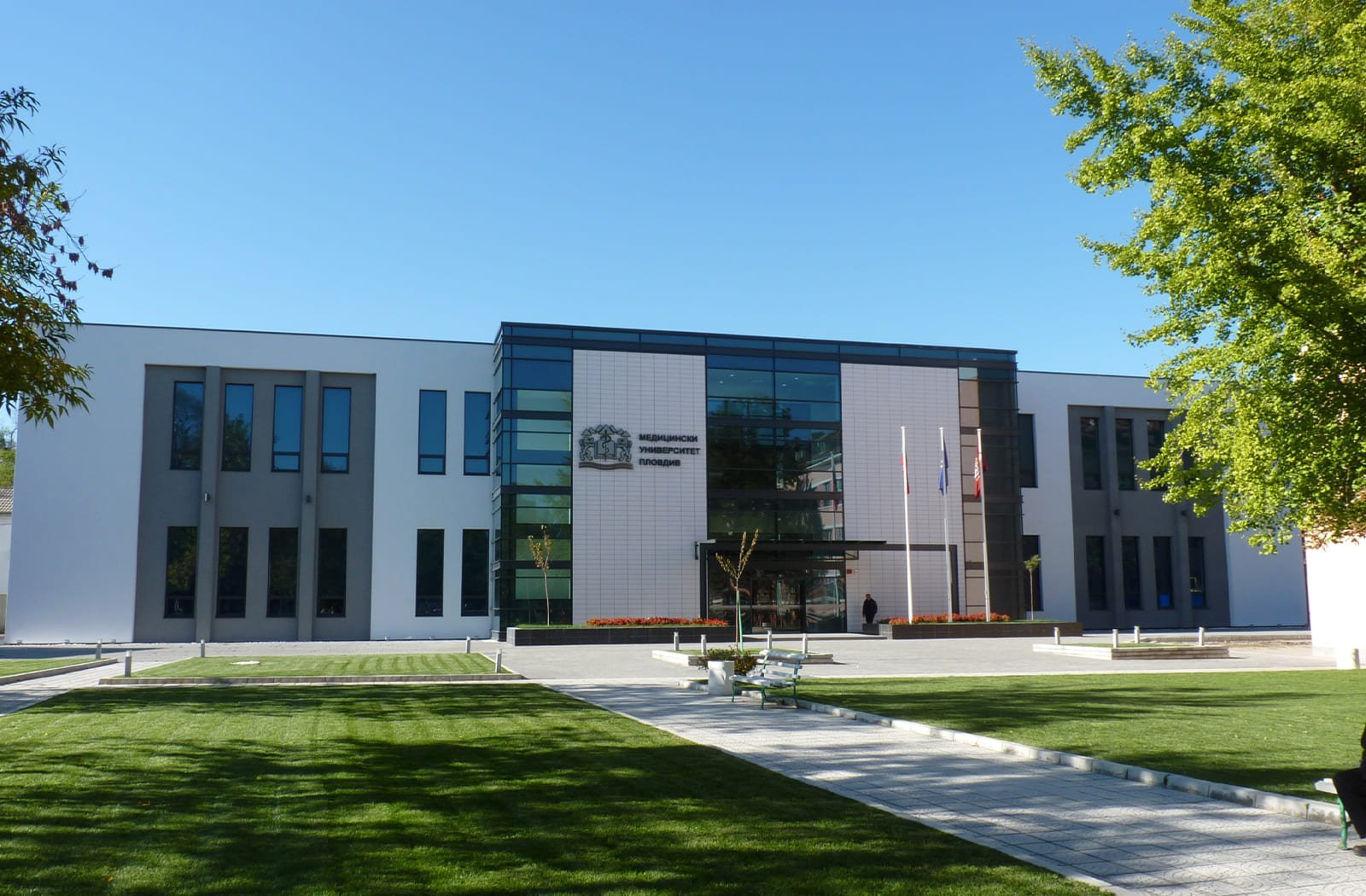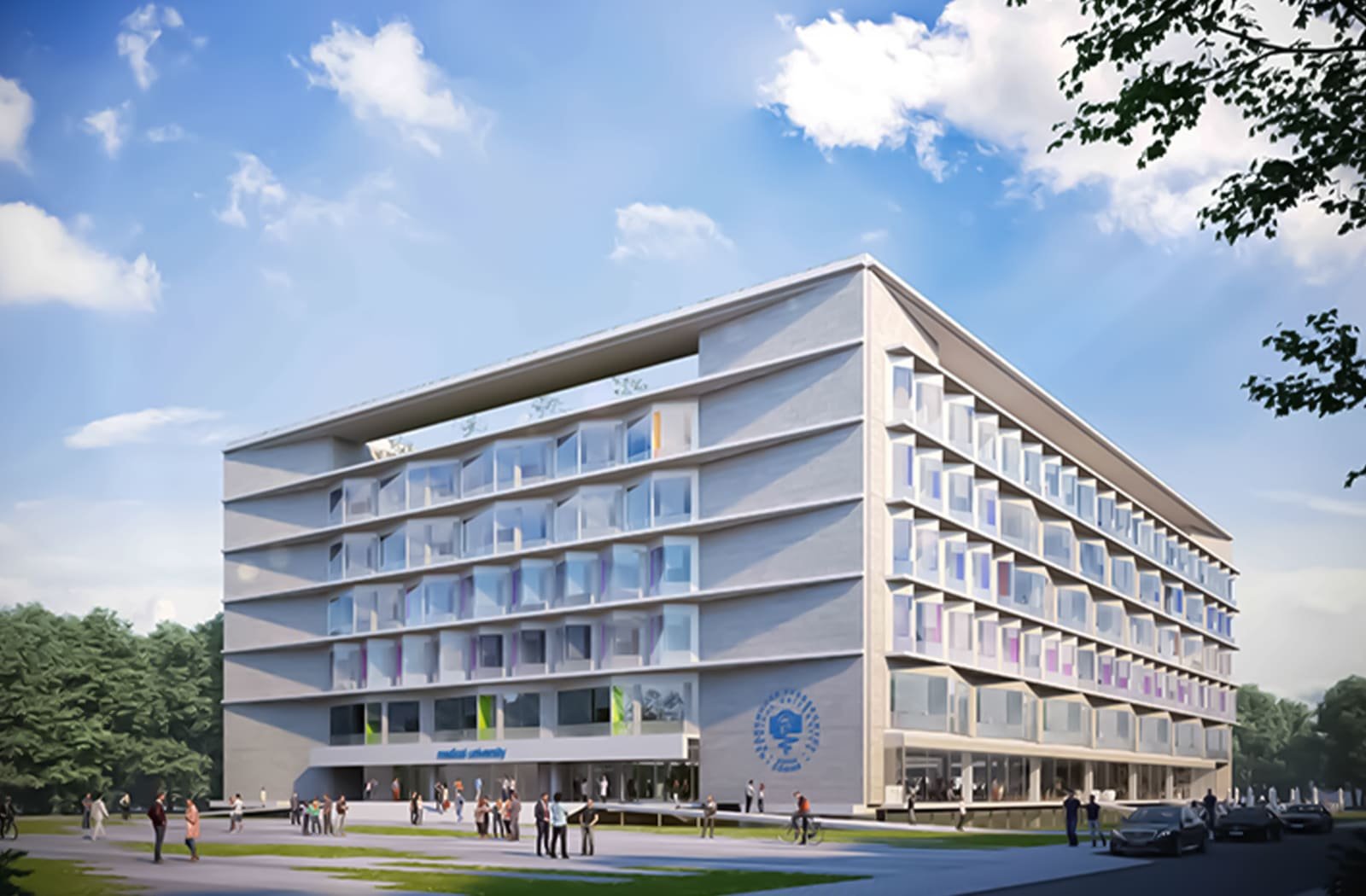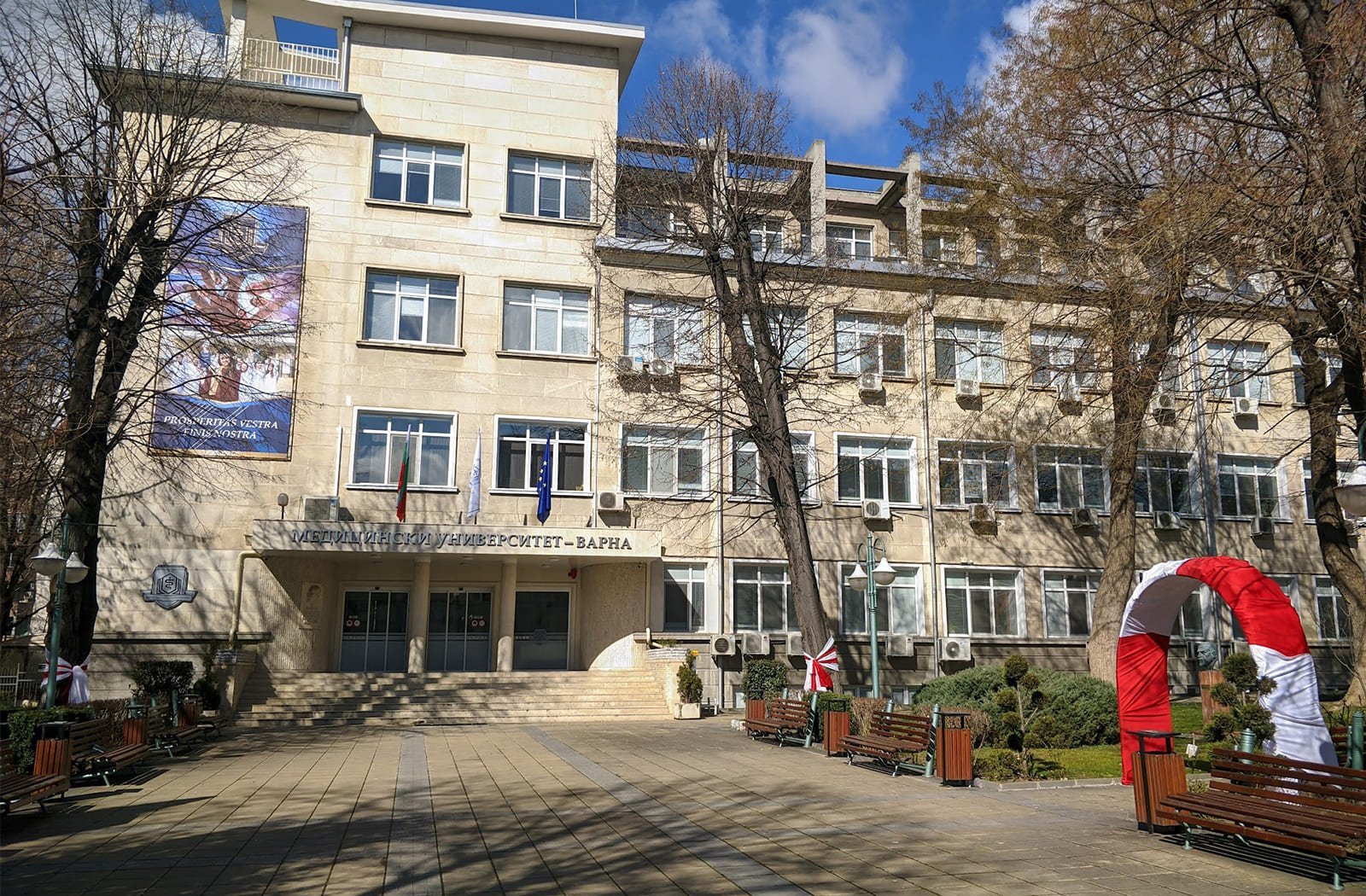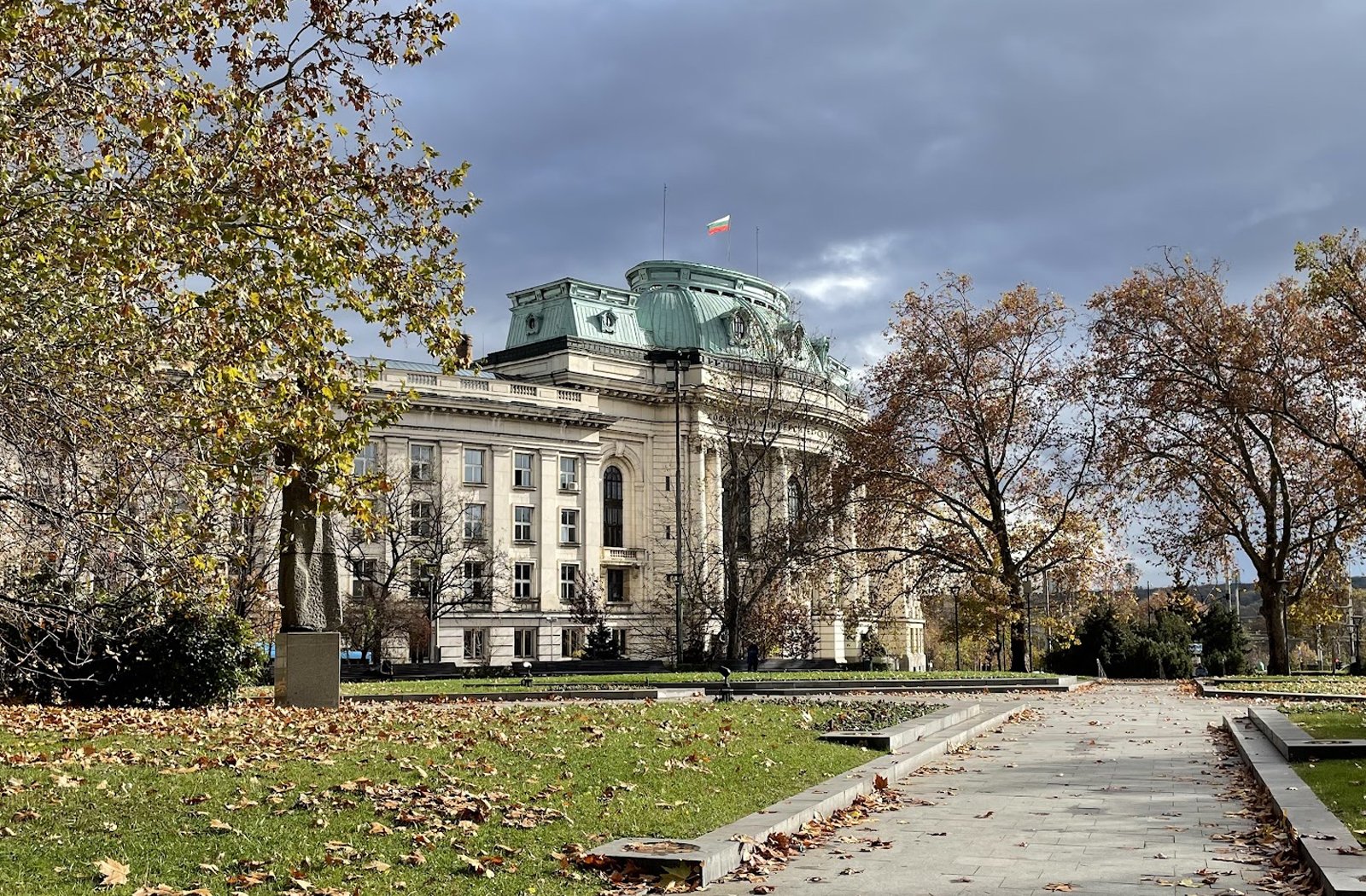Study Medicine in Bulgaria
Foreign students are attracted to study medicine in Bulgaria because of its internationally recognized degrees and the excellent career opportunities after graduation. Fees can range between €7500 to €10,000.

Pursue World-Class Medical Education in Bulgaria
Studying medicine in Bulgaria opens opportunities to students who want a good quality education with international recognition. The country is considered one of the oldest in Europe and boasts a long tradition of medical learning dating back to its first medical society which was established in the year 1880. The country’s universities attached to medicine ensure that students excel in both theory and practice and are adequately prepared for various careers in the health sector.
One of the benefits of a medical degree in Bulgaria is that it is recognized worldwide. Therefore, the graduates would be appreciated and welcomed throughout Europe and beyond. As a member of the European Union, Bulgaria ensures its medical degrees meet international standards, allowing graduates to work or pursue further studies in other EU countries and beyond. Many students choose to continue their research studies by pursuing a PhD program in a speciality of interest.
Apart from the scientific reasons, Bulgaria can provide a very special experience of life. Bulgaria is home to two major cities: Sofia and Plovdiv. These places are where the two most prestigious medical universities – Sofia Medical University and Plovdiv Medical University- are located. These cities nourish a rich blend of history, culture, and modern amenities to provide an ideal environment for not only studying but also leisure. Sofia, the capital, is this lively city that intermingles the remnants of old-world charm and contemporary lifestyle. Plovdiv, one of the oldest cities in Europe, is famous for its cultural heritage and dynamic student life.
Almost every year, the number of international students studying medicine in Bulgaria reaches nearly 1000 students from countries like the United Kingdom, Germany, Italy, Ireland, and Sweden. Bulgaria’s cultural diversity enriches the student experience, as students from various cultural and religious backgrounds are welcomed and supported. International cuisine, known brands, and large shopping centres are available for comfort and making a student’s home away from home.
Offering a high level of graduate employment and increasing interest in healthcare systems development, Bulgaria continues to be among the most attractive countries for those interested in medicine. Bulgaria’s medical education is a top choice for students not only because of its high quality but also because it offers the chance to contribute to a developing field that is improving healthcare worldwide.
Why Study Medicine in Bulgaria?
- Internationally recognized degree within the European Union.
- High-quality education with a focus on practical skills.
- Affordable living costs compared to other EU countries.
- Rich cultural experience in cities like Sofia and Plovdiv.
- Diverse international student community.
- Strong graduate employment rates.
- Opportunity for PhD programs.
- Access to modern facilities and medical technology.
- Historic universities with long-established reputations.
- A welcoming atmosphere for students of all backgrounds.

Plovdiv Medical University
8000-9000 EUR /year

Plovdiv Medical University was founded in 1945. The curriculum of this institute offers many medical programs. The school tries to balance theoretical teachings with as much practical experience as possible in its teaching. Its clinical training simulation centre is one of the most advanced in Bulgaria. The university is also set in the historic city of Plovdiv, enriching students' cultural experiences.
Sofia Medical University
9000 EUR /year

Sofia Medical University was founded in 1917. It is the largest and one of the best medical institution in Bulgaria. Priority is given to research and innovation when covering all preclinical and clinical studies. Prestigious teaching hospitals, as well as collaborations on an international level are hosted within it.
Varna Medical University
9000 EUR / year

Founded in 1961, Varna Medical University offers a comprehensive medical curriculum and is renowned for its focus on maritime medicine due to its coastal location. The university boasts modern laboratories and facilities, and its proximity to the sea provides unique research opportunities in marine health.
Pleven Medical University
8500 EUR / year

Pleven Medical University was founded in 1974 as an institution with pioneering experience in the area of education in telemedicine and medical technology in Bulgaria. Being the first medical university in Bulgaria to organize programs in English, Pleven Medical University attracts international students every academic year. Advanced surgical research centres are housed in the institution.
The University of Sofia St. Kliment Ohridski
7700 EUR / year

It was established in 1888. It is one of the oldest and most distinguished institutions for high educational value in Bulgaria. Sofia University has become an important academic and scientific center. Applicants seeking to earn a degree in this university in Medicine must successfully pass an entrance exam in Biology and Chemistry.
Prof. Dr. Assen Zlatarov University, Faculty of Medicine
10000 EUR / year

Since its founding in 1963, the university has been located within the coastal city of Burgas. In contrast to many other medical schools, this medical faculty's curriculum is rather special with a stronger orientation toward public health and environmental medicine, specifically referring to a focus on regional issues like air pollution and its effects on health.
Trakia University
7500 EUR / year

Trakia University was founded in 1995 in Stara Zagora. This university offers a distinctive interdisciplinary approach, combining medicine, veterinary medicine, and public health. The Faculty of Medicine provides extensive research opportunities and collaboration between fields. It is recognized for integrating environmental studies with healthcare, and addressing regional needs.
Quick Facts
Location
Bulgaria
Tuition
€ 6,900 to € 10,000
Entrance Exam
Yes
Living Costs
€ 600-1,000
Requirements to Apply for Medicine University in Bulgaria
To qualify for admission to Bulgaria’s universities’ Medicine program, international applicants need to fulfill specific requirements. The following are the general criteria.
- High School Diploma: Applicants must have a secondary education like a high school diploma. The high school diploma should include courses in biology and chemistry because most universities look for strengths in both subjects.
- Entrance Exam: Most of Bulgaria’s medical universities require a student to pass an entrance exam in Biology as well as Chemistry. Some universities take time to prepare international students for these exams.
- Language Proficiency: All programs are conducted in English. Their proficiency requirements in that language may includescoring a minimum score on tests like IELTS or TOEFL. Program students are at liberty to apply for Bulgarian language-based programs, but the use of the language will then be mandatory.
- Application Form and Application Fee: To apply, prospective students must submit an application form along with the required application fee. It varies from one university to another.
- Medical Health Certificate: A health certificate usually demonstrating that the applicant is fit is often required for all courses.
- Valid Passport: Every international student will need to have a valid passport when entering the country of Bulgaria.
- Student Visa: Non-EU students require a student visa upon acceptance into a program.
Benefits of Studying Medicine in Bulgaria
Studying medicine in Bulgaria is a very attractive option to international students because of its great quality with lower costs. The tuition fees for studying Medicine in English stand between 7000 and 9000 EUROS per year and are naturally more affordable than in many other Western European countries.
Bulgarian living costs are also very low. The monthly rental fee for a modern apartment, like one in cities like Sofia or Plovdiv, is around 350 EUROS The overall cost of living, food, and transportation is much lower than in the majority of EU countries. This affordability allows students to focus on their studies without the financial burden of high living costs.
In addition to cost advantages, Bulgarian universities, such as Sofia Medical University, Plovdiv Medical University, and Varna Medical University, offer state-of-the-art facilities and practical training. International recognition of Bulgarian medical degrees, particularly within the European Union, ensures that graduates can pursue careers or further studies across Europe and beyond, making Bulgaria a smart and cost-effective destination for aspiring medical and dental professionals.